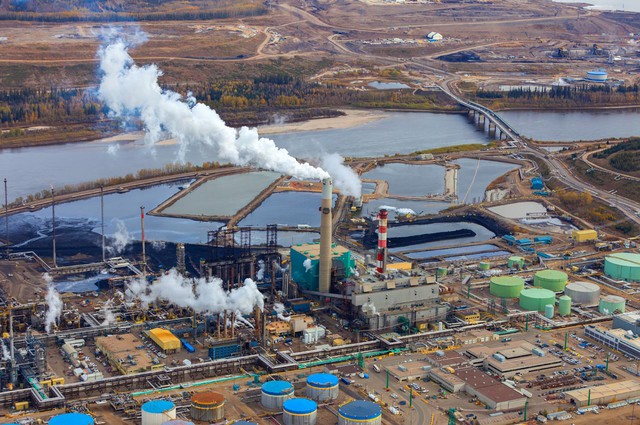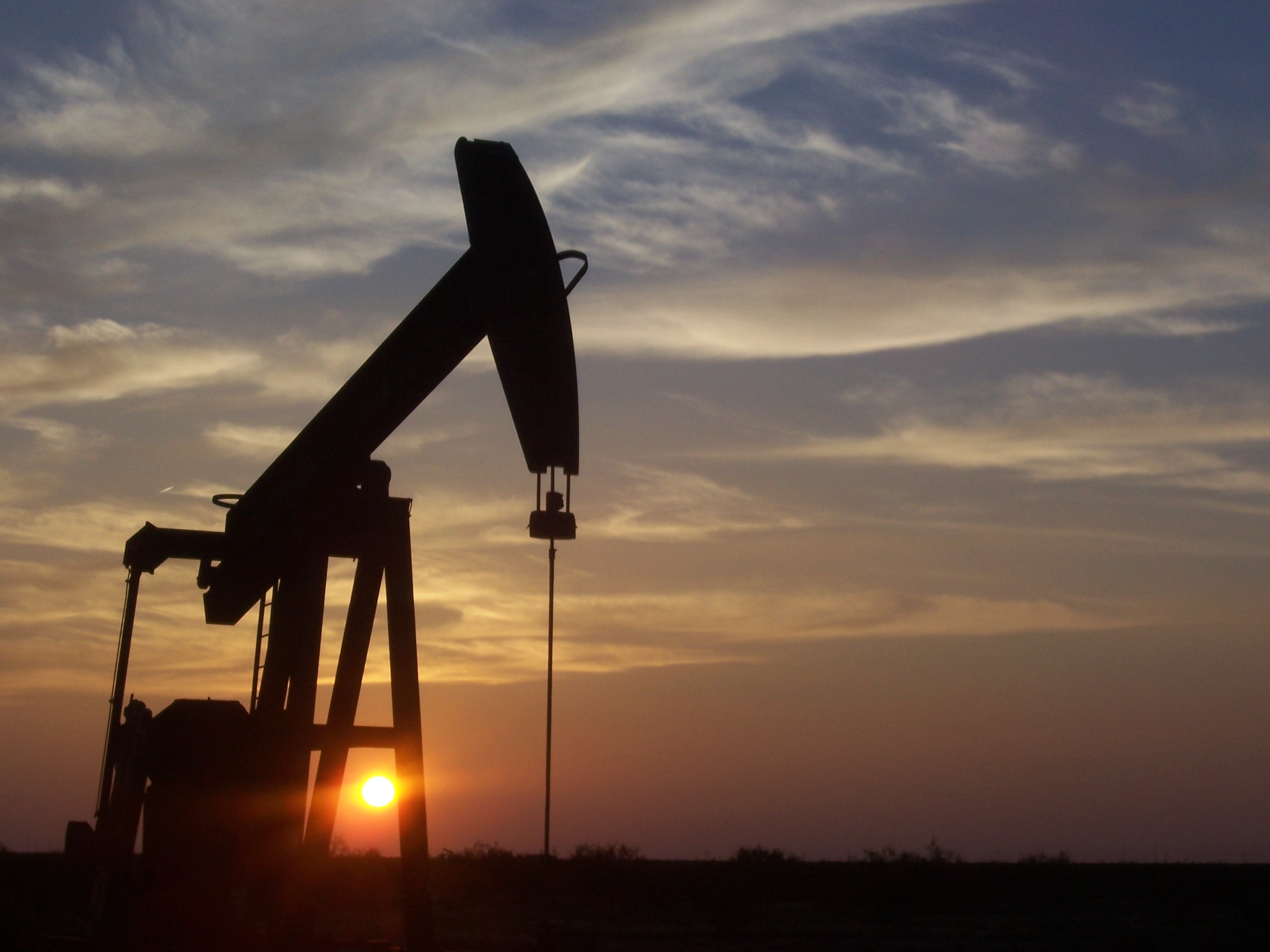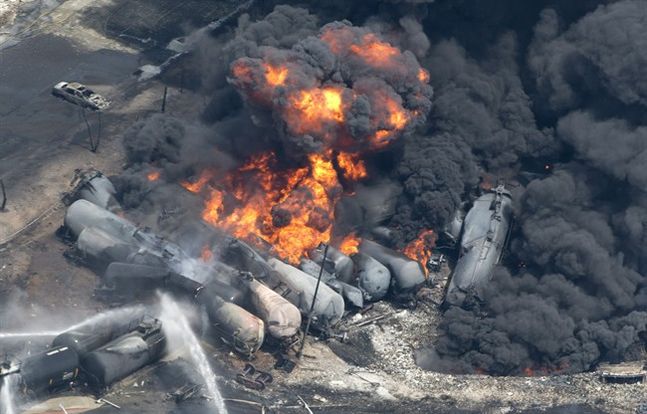If provinces are serious about keeping the federal government out of their jurisdiction, they need to demonstrate they can work together on critical files like carbon policy. Alberta, British Columbia and Quebec have priced carbon to help meet GHG (greenhouse gas) emission targets. Once Ontario’s system is in place, 86 per cent of Canadians will […]
New regulations on the way for energy and mining companies
Canada’s Natural Resources Minister vowed to introduce legislation requiring energy and mining companies to report all revenue paid to foreign and domestic governments, but Greg Rickford said its impact on corporate payments made to First Nations will be delayed for two years while Ottawa consults aboriginal leaders. At a meeting in Sudbury, Ontario in August, […]
Comment: Canadian crude is an attractive alternative to imported oil
Canada has the third-largest oil reserves in the world, but we import large volumes of oil from foreign sources into Eastern Canada, including Quebec, every day. Oil refineries in Quebec and Atlantic Canada import more than 600,000 barrels per day from foreign sources. But with Canadian oil production growing, using Canadian crude oil in Quebec, […]
Insurance may not be enough to cover potential disasters
U.S. Transportation Department (DOT) regulators are concerned most freight railroad insurance policies are barely sufficient to cover even average oil train accidents, Politico reports. In an analysis published in early August, DOT reported most large railroads are insured at about $25 million for accidents, with others insuring up to $50 million for certain hazardous cargo. […]
Comment: Pick your choice for crude transport – pipeline, train, truck or ship
Crude oil is moving around the world, around North America, around pristine wilderness, around our cities and towns. It’s going to keep moving, so what is the safest way to move it? The short answer is: truck worse than train worse than pipeline worse than boat (Oilprice.com). But that’s only for human death and property […]




